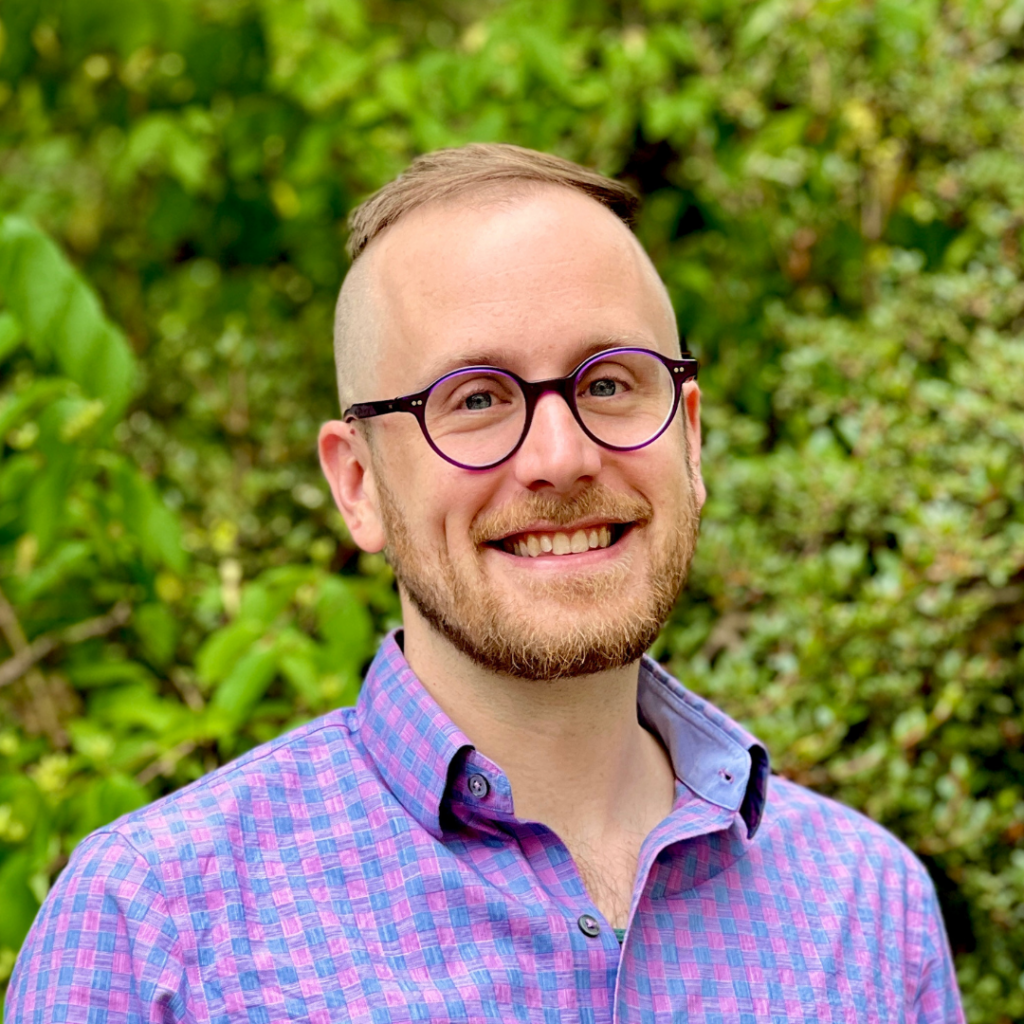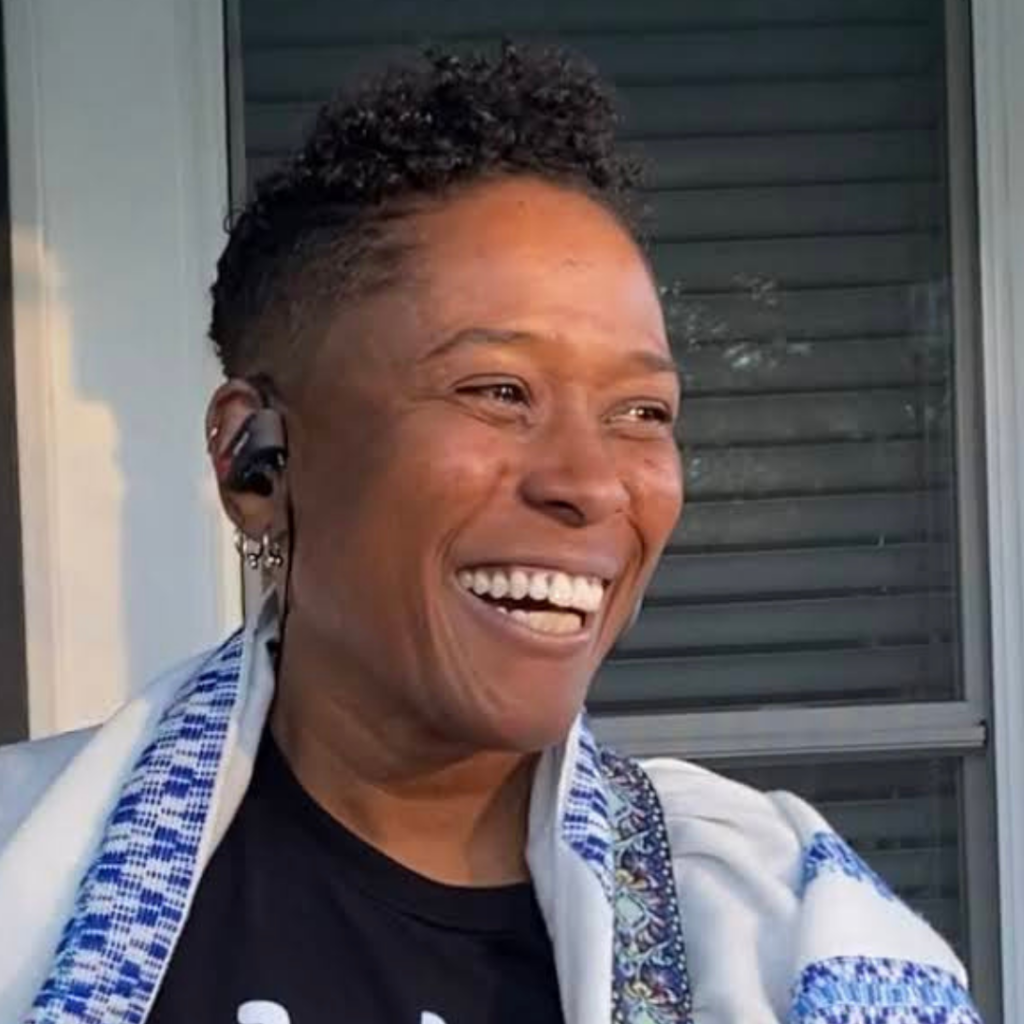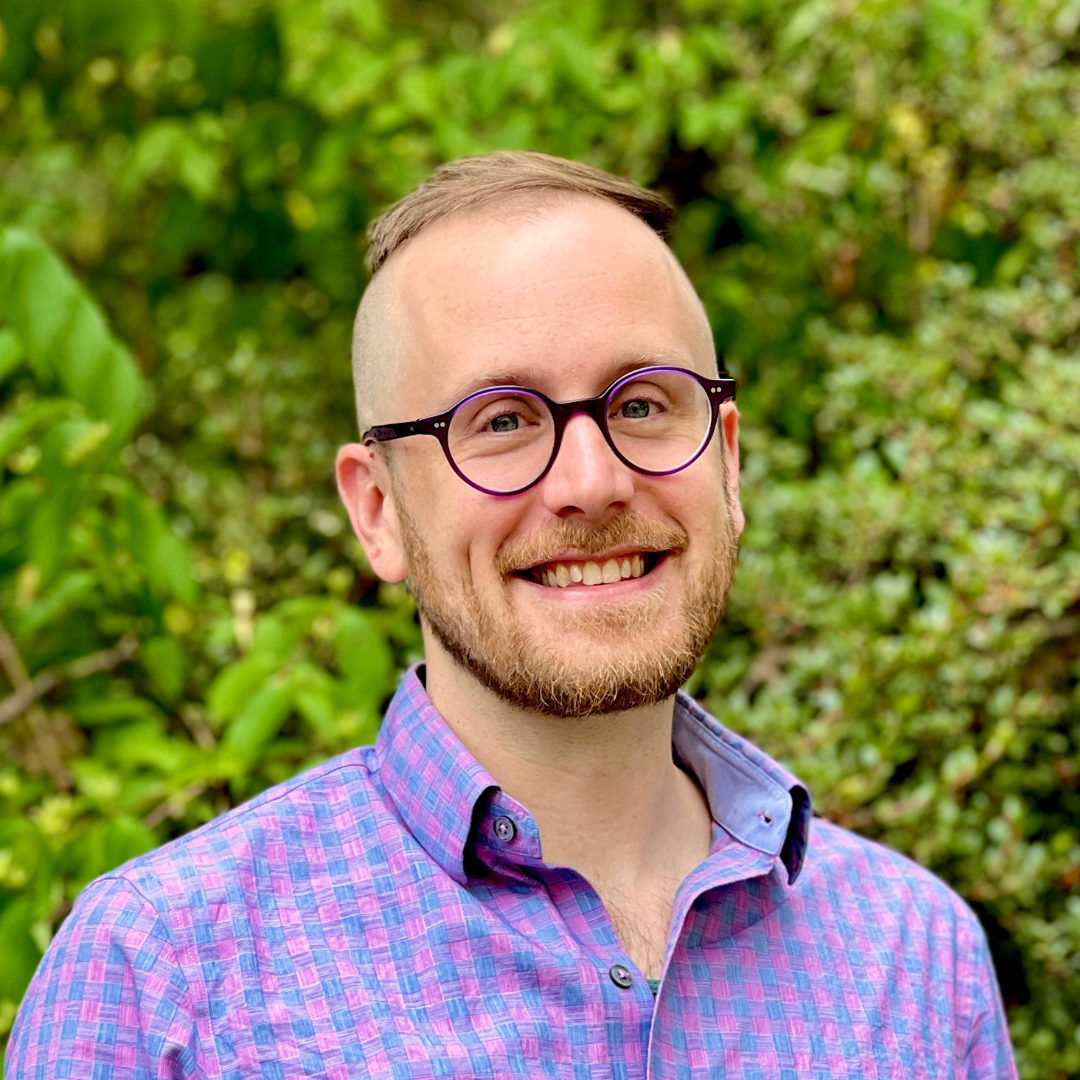On Oct. 17, 2023, nine members of the faculty and faculty affiliates of the Reconstructionist Rabbinical College (RRC) were scheduled to gather over lunch. We were poised to begin a yearlong journey of anti-racist spiritual practice grounded in the teachings of mussar (Jewish ethical practice) and hasidut (mysticism).
We had big plans for this work — plans to engage deeply with ourselves and with each other as we committed to dismantling racism from the inside out. But just 10 days after Oct. 7th, we made the decision to cancel that meeting. In the wake of the traumatic events unfolding, our community was in shock, grieving and searching for a way to respond.

As a faculty, we felt a deep sense of responsibility to be present for our students during such a turbulent time. Postponing our own work felt like the right thing to do. It was a decision made out of care and necessity. And looking back, this moment of cancellation would come to symbolize much of the year that followed. The questions that emerged from it were not just about logistics — they were about how to hold multiple, often competing, commitments in a time of collective trauma.
How can we grow as an anti-racist institution while we’re simultaneously reeling from violence, grief and division? How can we be agents of spiritual growth and care while struggling to stay grounded ourselves? How do we remain true to our values when surrounded by so much pain?
Our work, supported by the Wabash Center and in collaboration with Kirva’s Dismantling Racism from the Inside Out (DRIO) project, began with such promise. As preparation for kicking off our va’ad (community of practice), Yehudah Webster and Rabbi David Jaffe, co-authors of the DRIO curriculum, led a daylong training for the whole faculty that introduced us to the deep frameworks and practices we would need to navigate this journey. This work seemed to flow naturally from RRC’s long history with mussar practice and our institutional commitments to anti-racism. It seemed like a natural next step, one that was as necessary as it was urgent.
What were the racist dynamics that lived within our community? How could we challenge assumptions and behaviors we had long taken for granted?
Rabbi Alex Weissman
We soon learned that the work was even more complicated than we had anticipated.
As co-facilitators of the va’ad, Rabbi Sandra Lawson and I led the group roughly twice a month. We hoped to cultivate deeper connections, vulnerability and accountability around racism. At first, the conversations felt relatively easy. They centered on experiences of racism beyond our immediate community: encounters with neighbors, dynamics in organizing spaces and the broader societal manifestations of racism. But it didn’t take long for us to realize that the real challenge lay in the hardest and most vulnerable space: within our own community. How could we be open enough to talk about how members of the va’ad experienced racism? Perhaps even more difficult, how had we been complicit in perpetuating it?
This shift was both uncomfortable and necessary. As we delved deeper into the work, we began to talk more openly about the challenges we were facing within RRC itself. What were the racist dynamics that lived within our community? How could we challenge assumptions and behaviors we had long taken for granted?
In grappling with these questions, I found myself confronted by the limits of my own understanding as a white person. Even as we tried to hold space for conversations about racism, the immediate tension between the Israel-Palestine conflict and the internal work we were doing often felt insurmountable. The conversations in our community were dominated by questions about how to navigate the complexities of Jewish identity, safety, and solidarity in the wake of a devastating war and hostages being held captive. How could we continue to center on anti-racism while grappling with these urgent, raw questions?
Rabbi Sandra was particularly helpful in this moment as she urged us to stay focused by calling attention to how racism was manifesting even in conversations about the war — specifically, how racialized assumptions about Jews of Color were shaping the discourse. We discussed how some white Jews assumed that Jews of Color, particularly Black Jews, cared more about Palestinians than about Israeli Jews. They assumed that when Jews of Color expressed solidarity with Palestinians, it meant they didn’t care about Jewish safety. And perhaps most painful of all, they assumed that Jews of Color hadn’t experienced antisemitism and thus didn’t have the right skin in the game.
This work was not easy. It required us to examine not only the external systems of oppression but also the subtle, often hidden ways racism shapes the internal dynamics of our community. One framework that proved especially helpful was that of balance of care, adapted from work by Valerie Kaur, an educator, activist and Sikh leader. This concept pushed us to reflect on where we were directing our care and how, in a society shaped by racism, we were unconsciously directing most of our care toward white people — often at the expense of those most affected by oppression

It was a hard truth to face, but it was a truth that required action.
What we learned was that no issue is ever truly separate from racism. Whether we’re talking about the war in Israel and Gaza or about internal community dynamics, racism is always present. It’s always lurking, shaping our assumptions, guiding our actions and determining who receives care, who is heard and who is not. We learned our acoustics were off — the right channels were not in place to let the voices of people of Color be heard in the right ways.
This work was not easy. It required us to examine not only the external systems of oppression but also the subtle, often hidden ways racism shapes the internal dynamics of our community.
Rabbi Alex Weissman
Every moment, every conversation, every choice point, is an opportunity to ask: What is the impact on Black people at this moment? To ask this question is not just to call out racism — it’s to be in a constant state of awareness and transformation, to be open to the possibility that even our best intentions can sometimes miss the mark.
It was not an easy year, and it was one of learning and growth. I feel more grounded in the awareness that anti-racist spiritual practice is neither linear nor easy. We have much more to learn, much more to unlearn and much more work to do. I am grateful to be able to do this work in partnership and community and grounded in our tradition. Chazak, chazak, v’nitchazek.
Further Resources
Read more about the Dismantling Racism project at RRC.
Listen to Rabbi Alex Weissman and Rabbi Sandra Lawson on the Evolve: Groundbreaking Jewish Conversations podcast.






